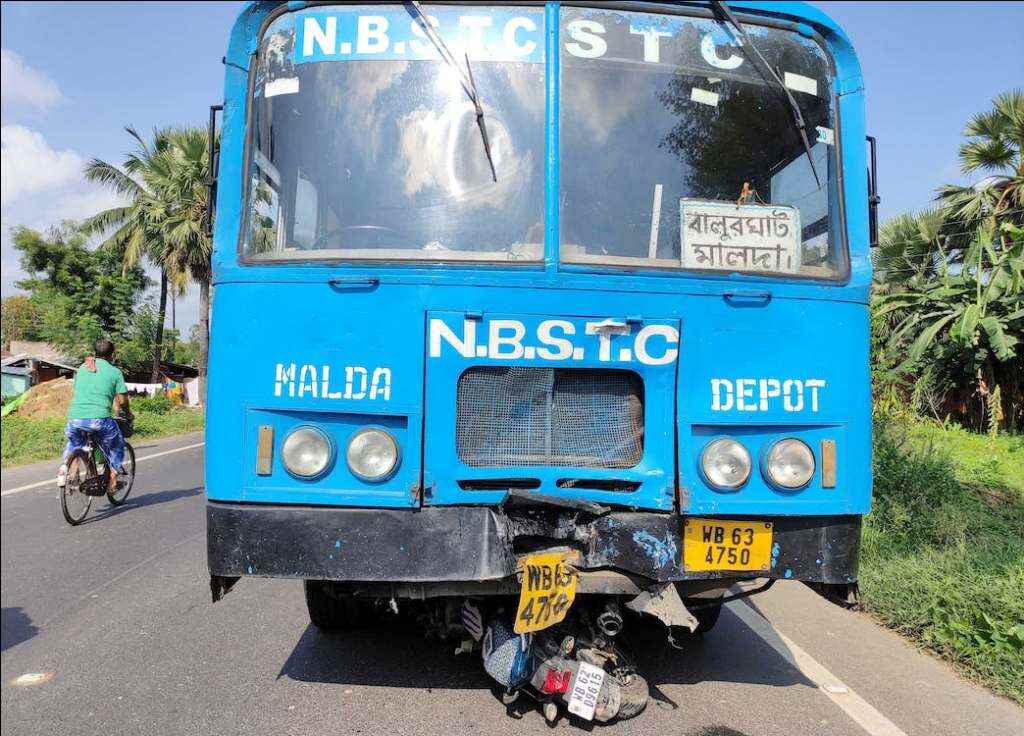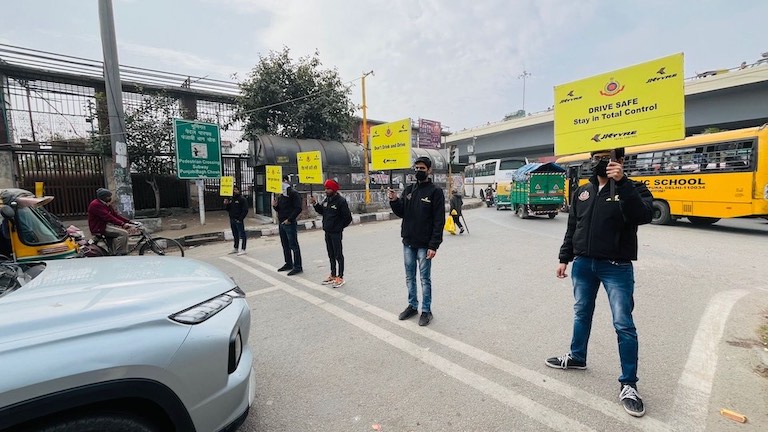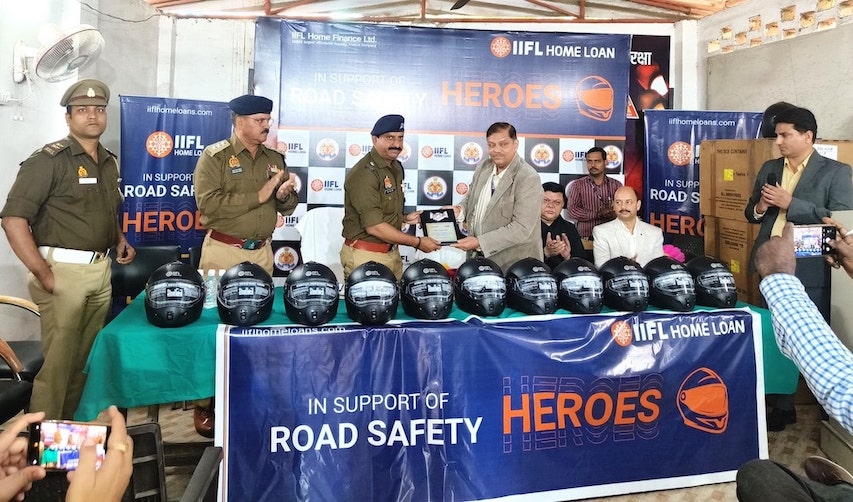As per the Annual Report on ‘Road Accidents in India-2022’ published by the Ministry of Road Transport and Highways, a total of 4,61,312 road accidents have been reported by Indian states and Union Territories during the calendar year 2022, which claimed 1,68,491 lives and caused injuries to 4,43,366 persons. This marks an increase of 11.9% in accidents, 9.4% in fatalities, and 15.3% in injuries compared to the previous year.
The report underscores the urgency of adopting a comprehensive approach to address the contributing factors to these accidents, including speeding, reckless driving, drunken driving, and non-compliance with traffic regulations. It is crucial that we strengthen enforcement mechanisms, enhance driver education and training programs, and invest in improving the condition of roads and vehicles.
The Ministry of Road Transport and Highways, Government of India observes National Road Safety Month from 18th January to 17th February, every year with an aim to highlight road safety issues. Major companies, hospitals and non-profit organisations operating in India have taken up CSR initiatives from time to time to raise awareness on road safety and promote safe driving. The CSR Journal takes a look into some of the recent initiatives for road safety.
Top CSR projects for road safety
1 lakh helmets distributed for road safety in Rajasthan
Steelbird Hi-tech Ltd, two-wheeler helmet manufacturer, has provided 1-lakh units of BIS certified high-quality two-wheeler helmets to Road Safety Ambassadors through its partnership with the Rajasthan Road Safety Society. These helmets are made available to the ambassadors ensuring that the message of safe riding practices reaches a wider audience and helps in creating a safer driving culture of road safety.

Rajasthan Road Safety Society in support of Steelbird Hi-Tech has distributed the helmets to various organisations such as Aavas Financiers Ltd. (with 29,600 units), Kogta Finance Ltd. (5,000 units), Bhilwara Dairy (15,000 units), Seth Sanwaria Temple Trust (13,000 units), Ministry of Road Transport & Highways (Advocacy Scheme – 6,000 units), Public Works Department (Sushma Yojana – 10,000 units), Hindustan Zinc Ltd. (3,000 units) and (18000 units to) Chittorgarh Gram Sanstha.
All Road Safety Ambassadors have been trained by National Road Safety Gold Medalist Dr. Virendra Singh Rathore and his expert team, ensuring that every helmet recipient also becomes a committed messenger of road safety.
Maruti Suzuki to automate 21 driving license test tracks under CSR initiative
In a step to enhance road safety in Rajasthan, Maruti Suzuki India Limited has signed a Memorandum of Agreement with the Transport Department, Government of Rajasthan, to automate 21 driving license test tracks. These tracks will be set up in 20 major cities in the state, namely at Alwar, Baran, Barmer, Bharatpur, Bikaner, Chittaurgarh, Churu, Dausa, Dholpur, Didwana, Dungarpur, Hanumangarh, Jaipur, Jhalawar, Jodhpur, Kota, Rajsamand, Bhilwara, Sikar and Udaipur.
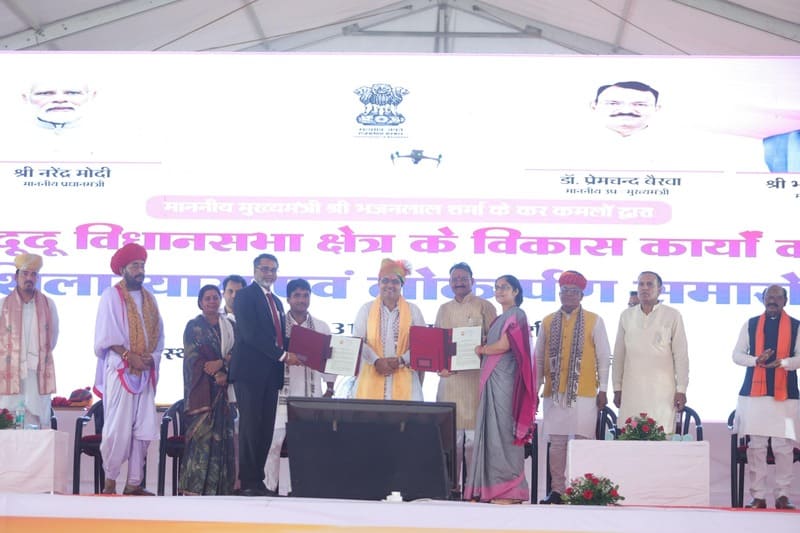
The MoA was signed in the august presence of Hon’ble Chief Minister of Rajasthan, Shri Bhajan Lal Sharma and Hon’ble Deputy Chief Minister & Minister, Transport and Road Safety, Government of Rajasthan, Dr. Prem Chand Bairwa. The MoA was signed by Smt. Shuchi Tyagi, Secretary & Transport Commissioner, Government of Rajasthan, and Mr. Tarun Agarwal, Senior Vice President, Corporate Social Responsibility (CSR), Maruti Suzuki. The initiative is funded by Maruti Suzuki, as part of its CSR.
The ADTTs will serve Two-Wheeler (TW) and Light Motor Vehicle (LMV) driving license applicants. These ADTTs will be equipped with high-definition cameras, RFID sensors, real-time analytics, and an integrated IT system to enable fully computerized, rule-based testing, in compliance with Central Motor Vehicle Rules (CMVR). The evaluation process is designed to be objective and eliminates human bias and error.
Eye Care Campaign Launched to Drive Road Safety in Gujarat
Unifeeder has partnered with VisionSpring Foundation to launch a three-month long vision screening programme for commercial vehicle drivers and allied transport workers in the Kutch District of Gujarat, to help enhance road safety.
The vision screening programme aims to examine approximately 9,000 drivers and allied transport workers to help detect general vision impairments and provide a pair of free corrective glasses based on their diagnosis. In case of suspected eye conditions such as cataracts or glaucoma, they will be referred to local charitable or government eye care centres for necessary treatment.
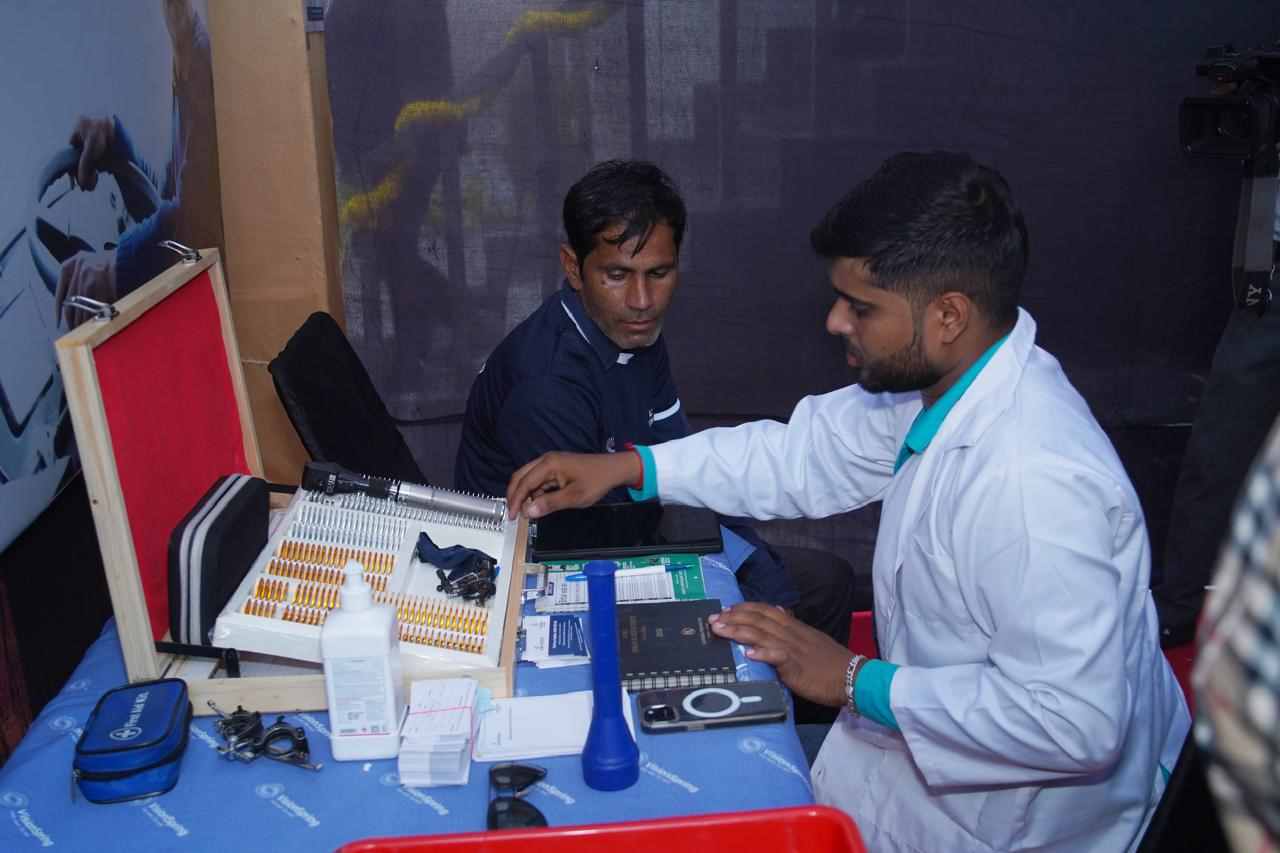
CSR of Continental Automotive Components for road safety of the visually impaired in Bengaluru
In an attempt to make public transport inclusive and increase convenience of visually impaired passengers, the Bengaluru Metropolitan Transport Corporation (BMTC) is all set to launch ‘On Board’. This is an assistive technology aimed at supporting visually impaired passengers while travelling, which is being implemented with CSR support.
Developed collaboratively by the Indian Institute of Technology (IIT) in New Delhi, and a few companies, the ‘On Board’ system consists of two key components: an external device fitted on the bus and a remote device provided to the user. Over 500 visually impaired individuals have already been trained on how to use the device.
When a bus approaches the station where a visually impaired person is waiting, they can press the “Find” button on their remote device. The device will then announce the bus’s route number. If it’s the correct bus for their destination, they can press the “Select” button. This action sends a message to a communication device on the bus, alerting the driver and conductor that “a visually challenged passenger is about to board, please halt for longer.” The same process is followed when a visually impaired person needs to alight from the bus.
The assistive technology ‘On Board’ has been funded through CSR initiative. It is backed by Corporate Social Responsibility (CSR) initiative of Continental Automotive Components Pvt Ltd, which collaborated with Bangalore Metropolitan Transport Corporation for installing the assistive devices on the buses.
Initiative to Advance Gender-Responsive Road Safety
In a move toward inclusive and sustainable mobility, the Traffic and Road Safety Wing of Punjab Police recently signed a Memorandum of Understanding (MoU) with Hartek Foundation, establishing a collaborative framework aimed at advancing road safety through a gender-responsive and data-driven approach.
Additionally, this partnership shall support R&D on enhancing the visibility and safety of the traffic officials on the road through solar powered infrastructure like traffic aid posts, halting stations, solar helmets etc.
The MoU reflects a shared commitment to strengthening road safety systems by collecting and utilizing sex- and age-disaggregated data, addressing gender disparities in transport infrastructure, and creating safer, more accessible public spaces. It also envisions increasing the participation of women in both decision-making and operational roles in the transport and public safety sectors.
The first initiative under this MoU is the launch of the Punjab Police–Hartek Foundation Fellowship “SAAHAS” (Safe Access and Advancement for Her through Awareness and Sustainability). This pioneering fellowship—India’s first of its kind initiated by a Police Department—will be implemented through the Punjab Road Safety and Traffic Research Centre. It aims to support research, innovation, and on-ground interventions that promote gender-equitable mobility solutions in alignment with SDG 3, 9, and 11.

